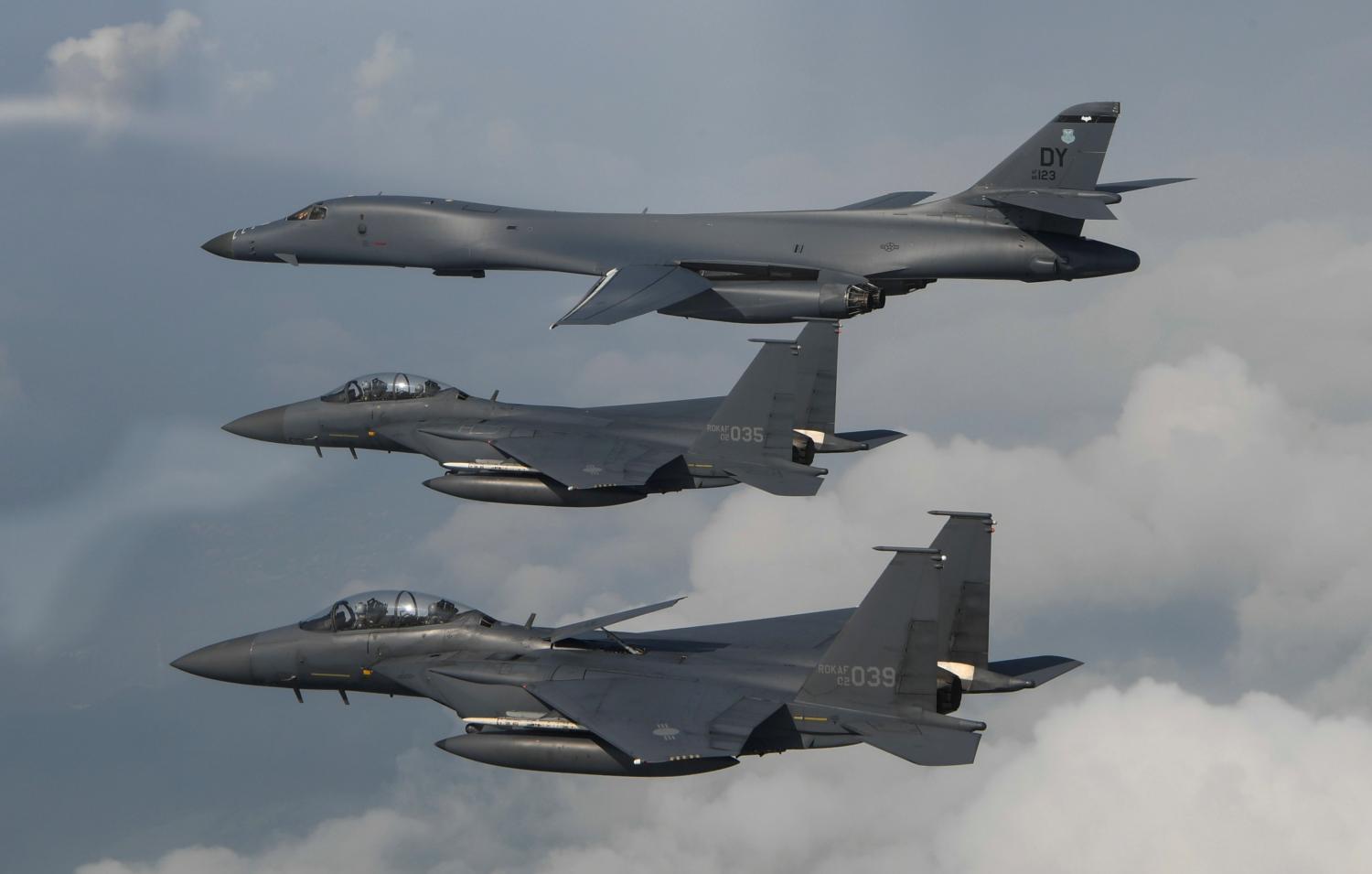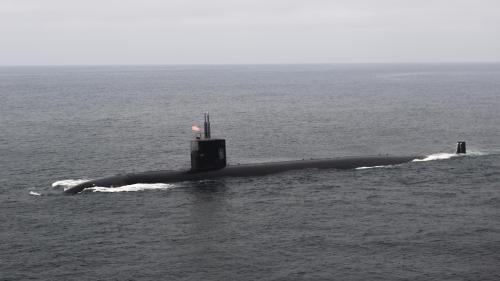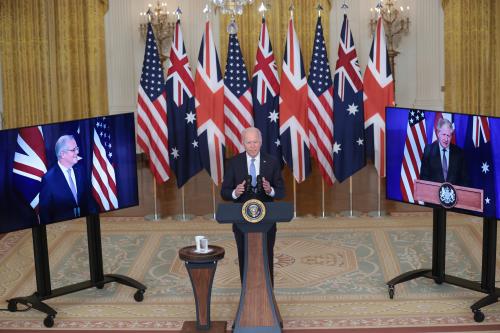Executive Summary
In its current Nuclear Posture Review (NPR), the Biden administration, like previous U.S. administrations, will review the circumstances in which the United States would consider the use of nuclear weapons. In particular, it will decide whether to adopt a declaratory policy of no first use (NFU) in which U.S. nuclear weapons would only be used in response to a nuclear attack against the United States or its allies and partners. Supporters of NFU, who may well include President Joe Biden, face especially strong headwinds in making their case in the present environment. If NFU once again proves to be a bridge too far, the Biden administration should consider alternative means of demonstrating its commitment to reducing the role of nuclear weapons, particularly in deterring or responding to non-nuclear attacks.
Specifically, the Biden NPR should make clear that the circumstances in which the United States might consider the use of nuclear weapons in response to non-nuclear attacks are extremely limited and significantly more limited than suggested by the 2018 NPR. The Biden NPR should also declare that adoption of NFU/sole purpose is a U.S. goal and that the administration will work to put in place the conditions that would allow that goal to be adopted without undermining U.S. and allied security interests. To show the administration is serious about following through on that declaration, the NPR should direct an internal study that would identify those conditions and the policies and programs that would accelerate their realization. It should also call for establishing consultative mechanisms with allies charged with developing a common understanding of the conditions for declaring NFU/sole purpose as well as with promoting and monitoring progress toward fulfilling those conditions.
-
Acknowledgements and disclosures
I greatly appreciate the assistance of Brookings colleagues Ted Reinert, who edited this policy brief, and Rachel Slattery, who performed its layout. I am also grateful to several longtime friends and former colleagues, including former senior U.S. government officials with major responsibility for U.S. nuclear weapons policies, who reviewed a draft of this policy brief and offered valuable comments. The views and recommendations contained in the brief are my own.






